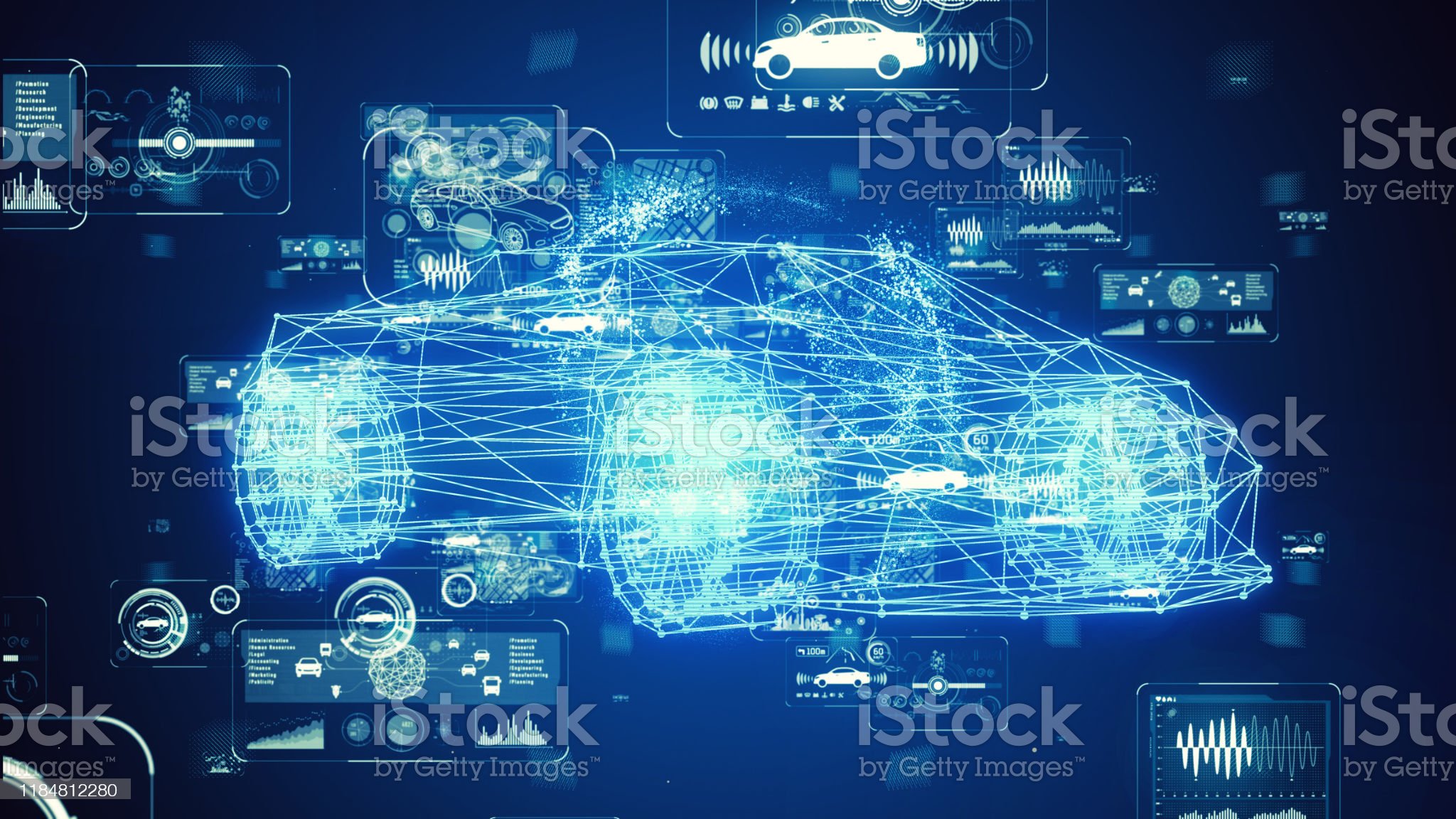
Artificial Intelligence (AI) has been making significant impacts on the automobile industry across various aspects, from manufacturing and design to driving assistance and autonomous vehicles. Here are some key areas where AI has influenced the automobile industry:
- Manufacturing and Design:
- AI is used for optimizing manufacturing processes, quality control, and supply chain management. AI-powered robots and systems can handle tasks like welding, painting, and assembly with higher precision and efficiency.
- Generative design, which involves using AI algorithms to create optimized designs based on specified parameters, can lead to lighter and more efficient vehicle structures.
- Driver Assistance and Safety:
- Advanced Driver Assistance Systems (ADAS) leverage AI to enhance safety by providing features such as adaptive cruise control, lane departure warning, automatic emergency braking, and parking assistance.
- AI-based algorithms analyze data from sensors like cameras, lidar, radar, and ultrasonic sensors to interpret the environment and make real-time decisions to assist the driver.
- Autonomous Vehicles:
- AI is at the core of self-driving vehicles, enabling them to perceive their surroundings, make driving decisions, and navigate safely without human intervention.
- Machine learning and deep learning techniques are used to train autonomous systems on vast amounts of data to handle various driving scenarios and conditions.
- Predictive Maintenance:
- AI can predict vehicle maintenance needs by analyzing data from sensors and other sources. This helps prevent breakdowns and reduces downtime, improving overall fleet management.
- Customer Experience:
- AI-powered virtual assistants and chatbots provide personalized customer support and information, enhancing the user experience.
- In-car infotainment systems use AI to understand user preferences and behavior, delivering content and features tailored to individual passengers.
- Energy Efficiency and Emissions Reduction:
- AI algorithms optimize fuel efficiency and vehicle performance by analyzing real-time data and adjusting various parameters, such as engine operation and power distribution in hybrid vehicles.
- AI-driven simulations help design more efficient engines and reduce emissions.
- Traffic Management and Navigation:
- AI helps optimize traffic flow and reduce congestion by analyzing traffic data and suggesting alternative routes to drivers.
- Navigation systems use AI to provide real-time updates on road conditions, accidents, and traffic jams.
- Insurance and Risk Assessment:
- Insurers are using AI to assess driver behavior and set personalized insurance rates. Telematics data from vehicles can be analyzed to determine risk factors and driving habits.
- Supply Chain and Inventory Management:
- AI assists in optimizing inventory levels, predicting demand, and managing the supply chain more efficiently, reducing costs and improving responsiveness.
- Customization and Personalization:
- AI can help customers customize their vehicles based on preferences and requirements, offering tailored features and designs.
Overall, AI has revolutionized the automobile industry by enhancing safety, efficiency, convenience, and sustainability. As AI technologies continue to advance, the industry is likely to witness even more transformative changes in the years to come.

